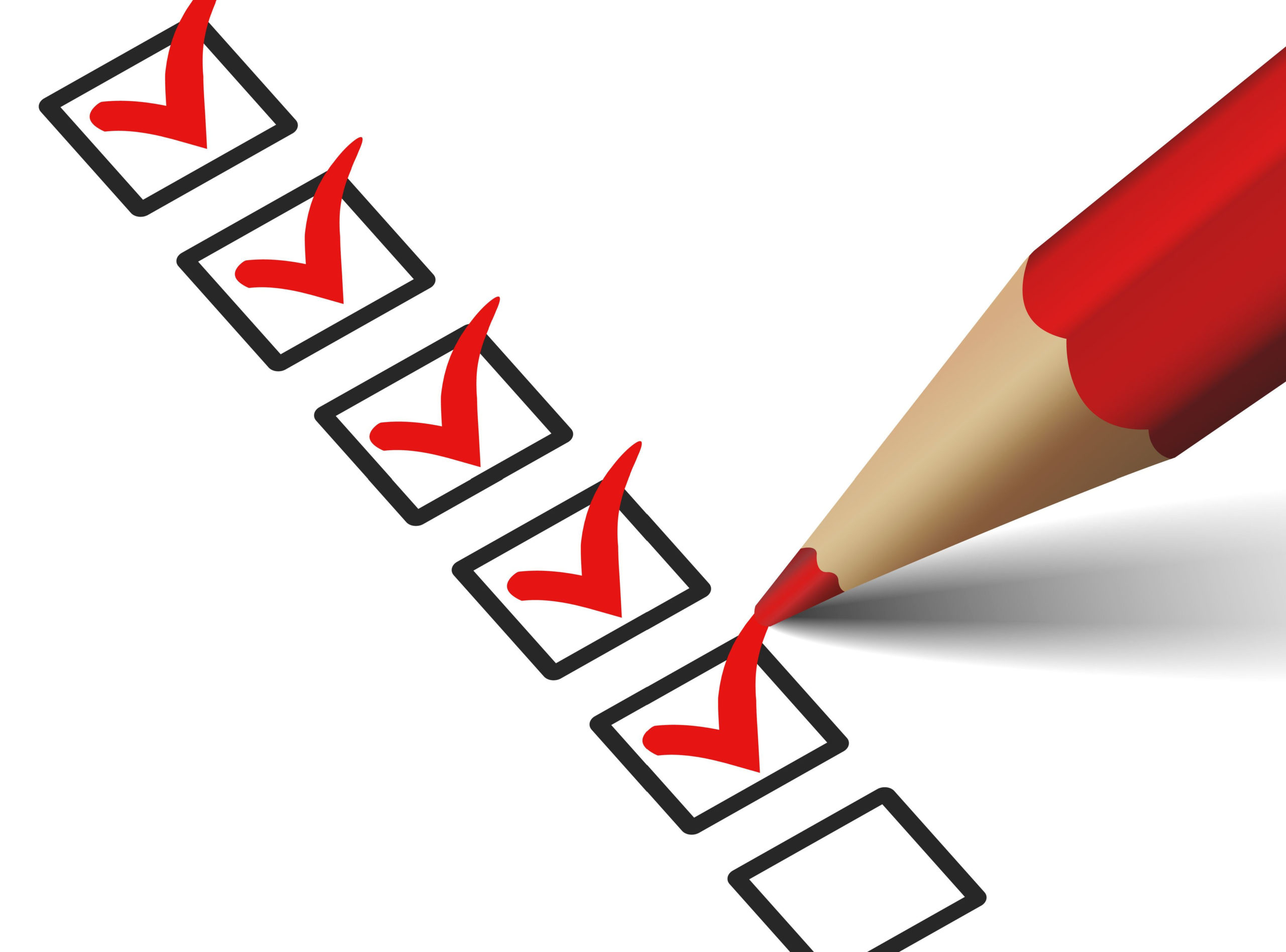Changes to the Repairing Standard guidance
The Scottish Government has today updated its guidance on the Repairing Standard, primarily to provide further clarity in areas of the guidance which were causing confusion. Notable changes are as follows:
- Lead pipes
The government has removed any mention of lead levels from the guidance and instead advises landlords to follow the guidance of their testing provider, or Scottish Water, on whether any follow up action/removal of lead pipes is required following a lead water test. Previously the guidance implied that lead pipe replacement work would be needed if the lead content of the water was above 3 micrograms/litre. SAL understands that most testing providers will recommend no further action if the content is at or below 10 micrograms/litre. Any lead pipes the landlord knows are in the building must still be removed to comply with the lead pipe duties, regardless of the test result. Note that water testing isn’t mandatory and is only required if the landlord is uncertain about whether there is lead pipework between the boundary stopcock and the kitchen tap. For detailed guidance on the lead pipe duties and the procedure to follow to ensure compliance, see SAL’s factsheet on lead pipes.
The guidance also now refers to using a laboratory accredited by UKAS to BS17025 when carrying out a water test. The previous version of the guidance didn’t mention accreditation. A list of UKAS laboratories providing this service can be found in SAL’s factsheet on lead pipes.
- PAT testing
The government has added in a requirement for the PAT tester to provide a copy of their “test instrument record” with the paperwork they provide to a landlord. This is paperwork the PAT tester should already hold which confirms the testing device they use to check electrical equipment is producing accurate results. Updated guidance on the forms which should be supplied when a PAT test is carried out can be found here.
The guidance has also been updated to note that PAT testing is now also known as “in-service inspection and testing of electrical equipment”.
- Holiday lets
The government has amended the guidance to reflect that holiday lets are now required to comply with the Repairing Standard. Previously they were exempt in most cases.
At SAL we are receiving a lot of queries on the advice line about the new Repairing Standard duties which come into force on 1 March 2024. Government guidance on the seven new duties can be found using the links below:
- Lead in water (page 31 sections D.18 to D.27)
- RCDs (page 38 section D.54)
- Fixed heating (page 49 annex D6)
- Other fuels (page 47 annex D4)
- Common parts (page 55 annex H)
- Safe kitchens (page 53 annex G)
- Common doors (page 56 annex I)
We have produced a frequently asked questions and answers document on the new duties which can be found here. We do ask that members read the government guidance, the FAQs and SAL’s factsheet on lead pipes before calling for any advice.

